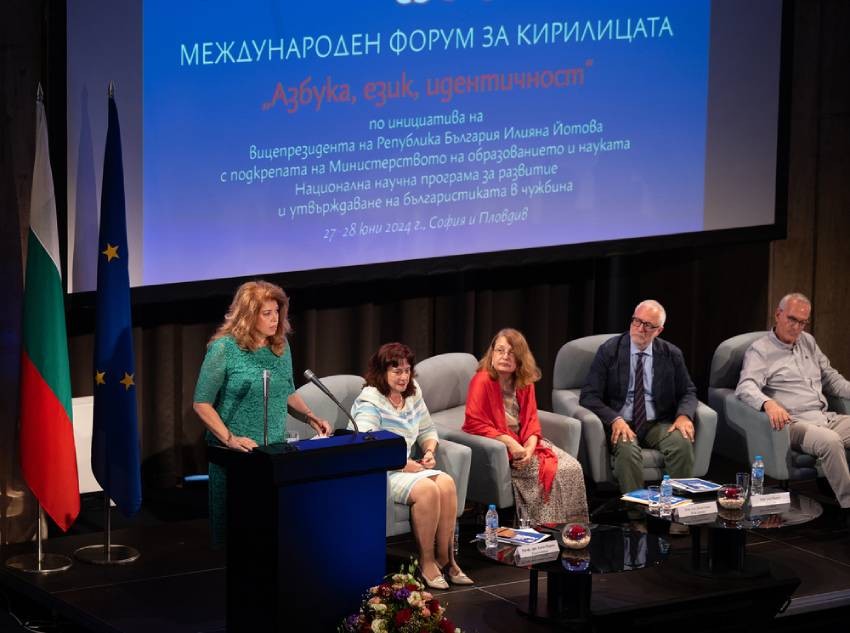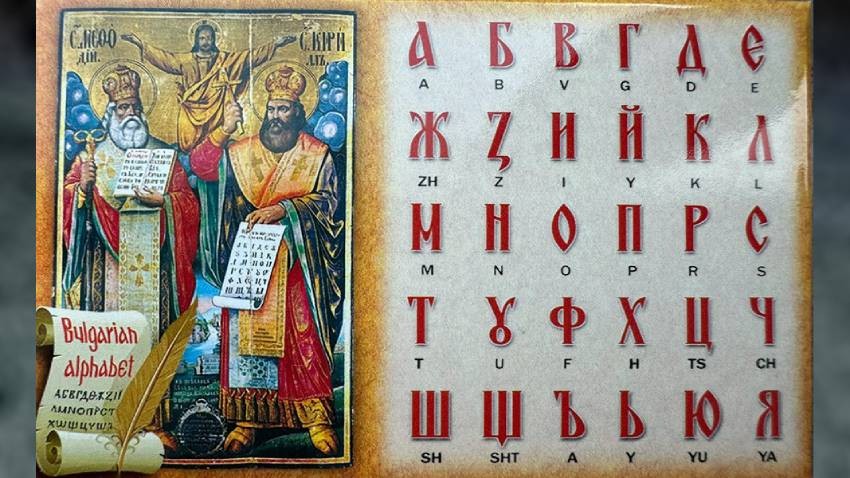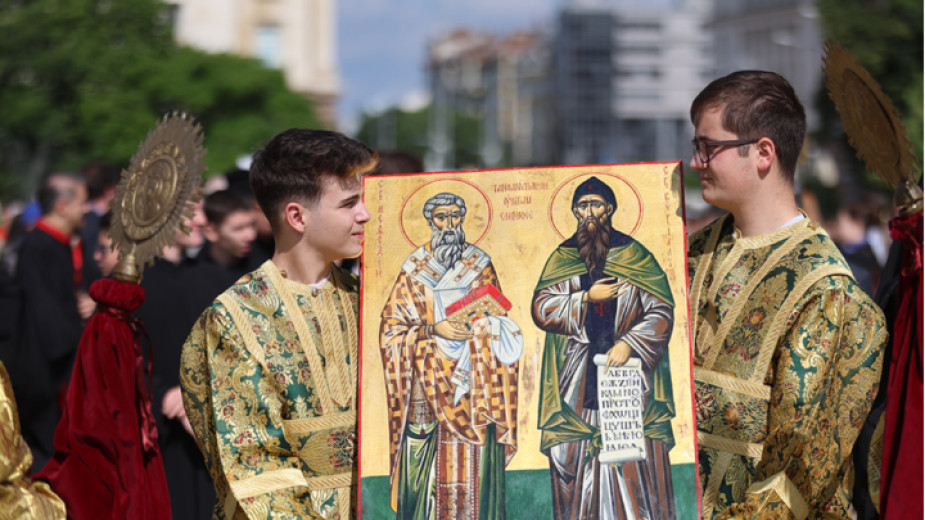"The dying fire is often rekindled thanks to a few remaining embers." With these warm words, Slavic philology professor Krassimir Stantchev inspires hope that the fading interest in the Bulgarian alphabet, the Bulgarian language and Bulgarian culture abroad will one day rekindle its glow.
At a recent international conference on Cyrillic, held in Sofia and Plovdiv with the participation of scholars from eleven countries, the participants acknowledged a disturbing fact: the number of Bulgarian studies lectures abroad is decreasing with each passing year, and today there are only twenty-nine.
The situation is so serious, according to a professor at Italy's Roma Tre University, that there is literally talk of saving the teaching of Bulgarian in Europe.



Sylvia Tomova, a star of the Bulgarian stage, received her training at the Vaganova State Ballet Academy in Saint Petersburg. Her career has been closely linked to the National Opera and Ballet, where, as a prima ballerina, she has performed over 90..
Canada-based Bulgarian artists Petar Boyadzhiev and Daniela Zekina will present their joint exhibition “AlterEgo” in Chicago on November 1 . Their new paintings with graphics and paintings will be exhibited at the “Bagrena” Gallery at the Bulgarian..
The Bulgarian-English co-production “Devil’s Play” won the Best Cinematography Award at the prestigious Chelsea Film Festival in New York, announced the Consulate General of Bulgaria in New York on Facebook. The film was screened as part of the..

+359 2 9336 661
